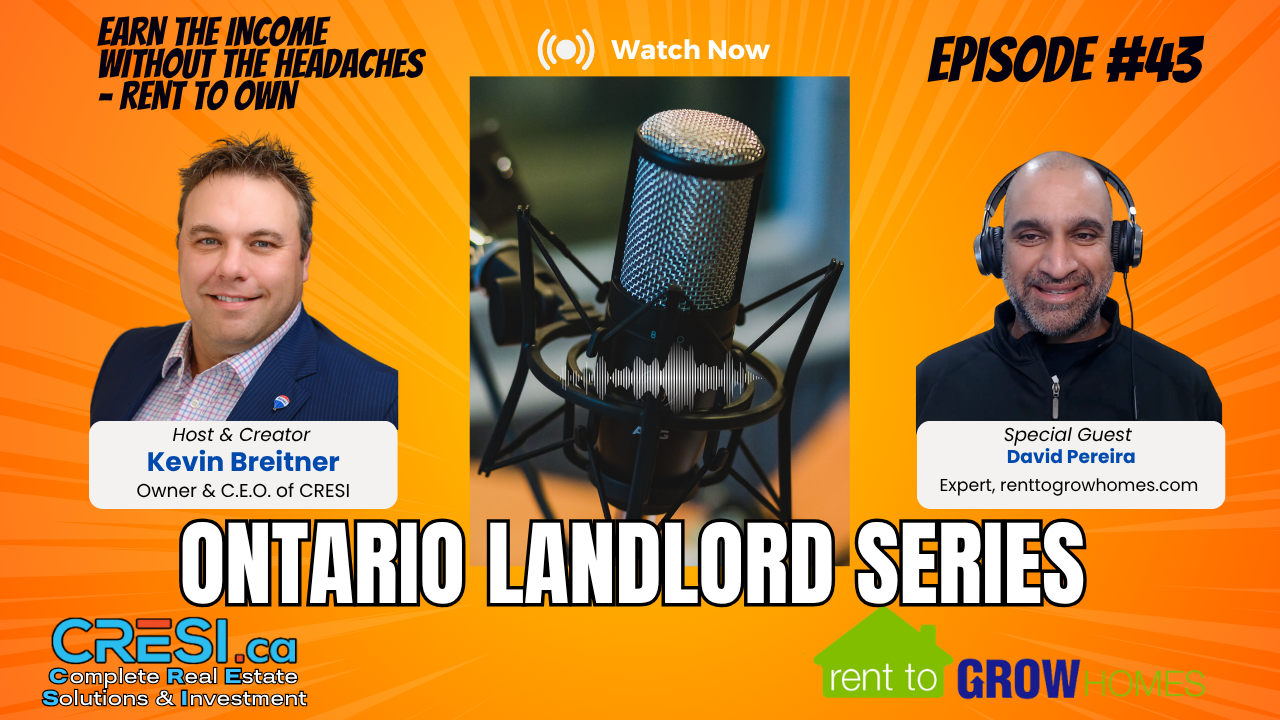
Guest Author Craig Austin,
Mortgage Agent Level 2 | FSRA #M19001164
We Are Mortgages | BRX Mortgage Inc. 13463
Connect with Craig:
For self-employed business owners across Ontario,
understanding mortgage requirements while maintaining tax efficiency is crucial. Here’s essential guidance on optimizing your approach:
When it comes to being self-employed, here’s a common (and costly) mistake to watch for: paying yourself too much personally.
Why does this matter? Because it means:
1️⃣ Higher personal taxes (ouch).
2️⃣ More money for the CRA and less for your businesses growth.
Here’s where it gets tricky: Banks often tell business owners to boost their personal income to qualify for a mortgage. Sounds reasonable, right? Not so fast. That approach could drain your profits through unnecessary taxes.
The good news: Self-employed individuals can pay themselves less and still get a mortgage—if they work with the right lenders. These “common sense lenders” look beyond personal income and consider:
✔️ Business finances
👉 Bank statements (cash flow)
✔️ Overall financial health
Why this helps:
- You save on taxes by leveraging lower corporate rates.
- You keep more cash in their business to reinvest and grow.
- You still get the mortgage you need for your home or investment.
Bottom line:
👉 Pay less in personal taxes.
✔️ Keep business profits where they belong.
👉 Work with lenders who understand entrepreneurs.
Whether you're a self-employed professional in Toronto, Ottawa,
or anywhere in Ontario, these mortgage qualification strategies can help you navigate lender requirements while maintaining optimal tax efficiency. Consult with local mortgage specialists who understand Ontario’s unique business landscape.



